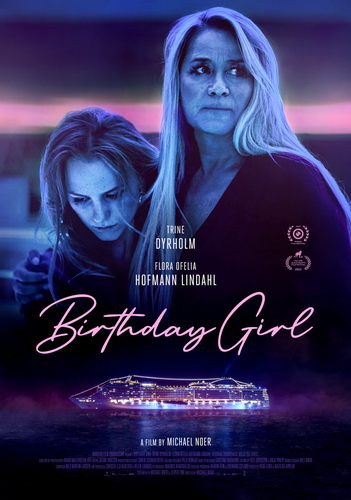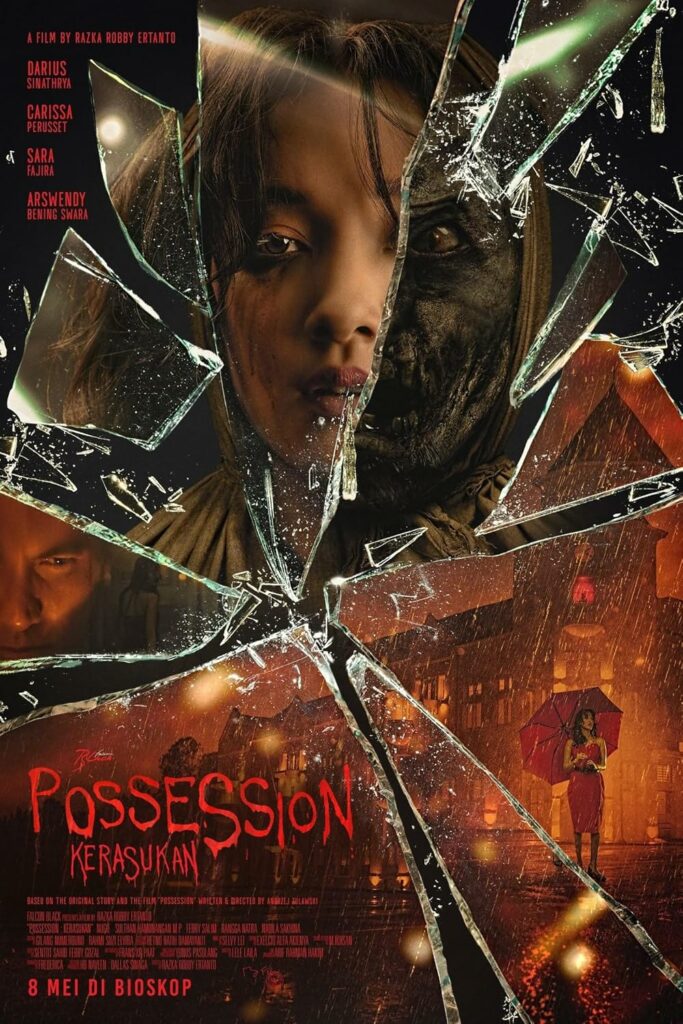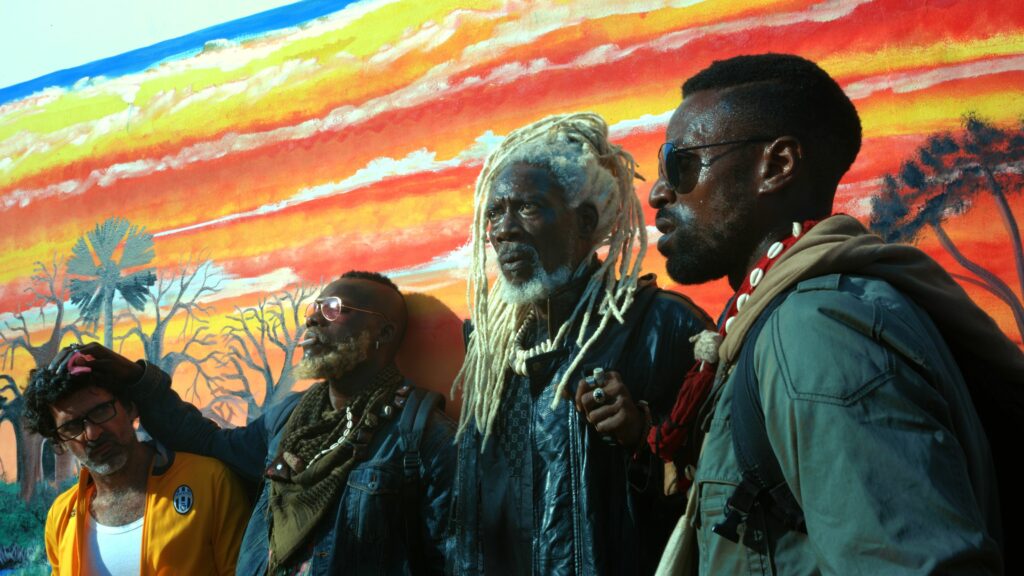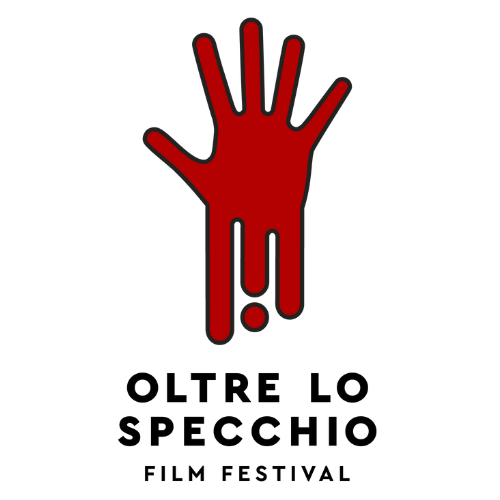
directed by Michael Noer
Denmark, 2023, 95′, Drama/Thriller, OVS

Cille’s 18th birthday present is a cruise to the Caribbean on the Coco Cruise with her mother, Nanna, and her best friend, Lea. The holiday euphoria though ends when the birthday girl, after spending the night out, shocked, reports to Nanna that she has been raped. The search for the offender will lead mother and daughter to explore every angle of their relationship. After the remake of Papillon (2017) and the historical interlude of Before the Frost (2018), Noer returns to modernity with great thematic sensitivity, exploiting the aesthetics of 70s-80s horror – so beloved by Danish directors – and setting his film in the lawless Far West of international waters.
directed by Robby Ertanto
Indonesia, 2024, 94′, Horror, OVS

Revolution passes through cultural appropriation. This seems to be the formula pursued by “Possession” to disengage itself from the language and codes of Andrzej Żuławski’s 1981 film of the same name, in order to create a remake with a deeply national spirit, devoid of the stigma that all remakes of the great masterpieces of world cinema usually bear. The plot, logically, follows more or less the same trend as its predecessor, but every element that makes up Razka Robby Ertanto’s film seems to scream its belonging to the cultural and folkloric horizon of Indonesia. In telling the story of Faris, a man of questionable actions who suspects that a lover is behind his wife Ratna’s request for a divorce, only to change his mind when faced with the disturbing connotations with which the story is charged, the filmmaker declines the events of the original feature film into a deliberately indigenous framework, both in terms of the iconographic elements of the story, and with reference to the more classic codes of Indonesian horror. It is no coincidence, then, that that “monster” so disturbing and symptomatic of Żuławski’s horrorific strategies, now takes on the appearance of a Pocong, the typical mortuary spirit of the Asian archipelago: but the presence of the ghost, clad in the usual funeral shroud with which it is depicted in Indonesian writings and artistic illustrations, serves as a prelude to a whole series of cultural appropriations that allow the film to revise, in indigenous terms and according to the aesthetic viscerality of Southeast Asian horror films, a pivotal work of horrorific world cinema, which has now fallen within the meshes of a sensitivity more akin to local audiences.
directed by Jean Luc Herbulot
Senegal, 2021, 84′, Crime/Horror, OVS

Following the extraction of the Mexican trafficker Felix during the 2003 coup d’état in Guinea-Bissau, the trio of mercenaries known as ‘The Bangui Hyenas’ (Chaka, Rafa and Papa Minuit) has a plane breakdown while escaping, and is forced to stop in a village on the Saloum River Delta in Senegal. Behind the apparent quietness that seems to envelop the place, open wounds and secrets from the past are hidden. Congolese director Jean Luc Herbulot brings to the theatres a Thriller-Horror with a wide cinematic scope (references to the Italian Western are explicit) that places itself in the hybrid territory of magic realism, in a border zone between the real and the fantastic, the past and the future.
directed by Amos Gitai
France/Switzerland, 2024, 84′, Drama, OVS

Shikun is a particular type of Israeli social housing, composed of multifunctional, modernist-inspired blocks of flats, now largely disused and in demolition process. Between the corridors of these apartment blocks, we observe the lives of different people and families alternating, sometimes intertwining and mingling, with a mysterious French woman (Irène Jacob) as the only recurring presence, telling us about the imminent arrival of rhinos.
Presented at the last edition of the Berlinale 2024, great Israeli filmmaker Amos Gitai’s latest effort is a refined surrealist play, drawing on Eugène Ionesco’s The Rhinoceros play to recount the political and social situation of present-day Israel. Through an intricate interplay of mise-en-scène, long shots and sharp editing cuts, we enter a world somewhere between reality and imagination, being led by an histrionic Irène Jacob.
